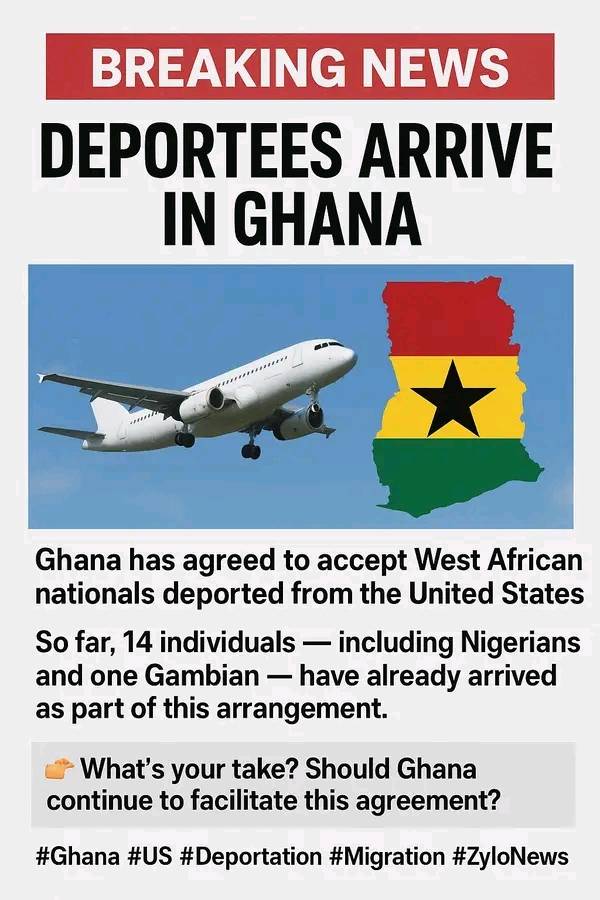Ghana is once again at the center of regional and international conversations, this time over the acceptance of West African nationals deported from the United States. President John Dramani Mahama recently confirmed that the government had received 14 deportees — 13 Nigerians and one Gambian — in Accra before arranging for their onward transfer to their respective home countries.
The move follows Ghana’s commitments under ECOWAS protocols, which guarantee free movement of citizens within West Africa. By serving as a transit country, Ghana demonstrates its role as a regional hub and a responsible actor within the sub-region. However, the decision has not been without controversy.
Several human rights advocates and legal experts have voiced concern, describing the arrangement as unfair to Ghana and potentially problematic for the deportees. Their argument is simple: why should Ghana shoulder the burden of facilitating deportations of non-Ghanaian nationals, especially when issues of due process and migrant rights remain unclear? Others worry about the precedent this sets, with fears that Ghana may increasingly be seen as a convenient gateway for Western nations managing migration issues.
Supporters of the decision, however, interpret it differently. They see President Mahama’s move as an act of regional leadership, one that positions Ghana as a problem-solver and a cooperative partner in global affairs. From this perspective, the arrangement enhances Ghana’s diplomatic standing and reinforces its influence within both ECOWAS and broader international circles.
Beyond the political debate, this development raises broader questions about migration, sovereignty, and human dignity. West Africa continues to grapple with migration challenges, from economic pressures to international deportations. How Ghana handles this moment could shape regional policy and cooperation for years to come.
For President Mahama, the decision reflects both opportunity and risk. It offers a chance to reinforce Ghana’s role as a leader in West African affairs, but it also exposes the country to criticism at home and abroad. What is clear is that this debate will not end with the 14 deportees; it is part of a much larger conversation about migration and responsibility in a changing world.


